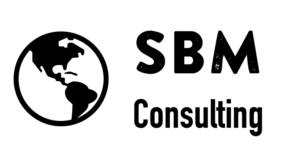Your cart is currently empty!
Information Workshops 2025
Workshop 1: Nuclear Power and Responsible Tech: A Critical Debate
Karel Deneckere (Belgium)
Karel Deneckere has been working as a researcher at the Center for Sustainable Entrepreneurship of Odisee Hogeschool since 2022. In 2020, he obtained his PhD in Media and Communication Sciences (Vrije Universiteit Brussel) with a dissertation on the social debate on nuclear energy in Belgium.
In this workshop, we explore the concept of “responsible technology” through the case of nuclear energy. Since the 1970s, nuclear power has been a highly controversial topic in both Belgian and international debates. Supporters argue that nuclear plants provide a reliable, constant, and relatively low-cost source of electricity with very low CO₂ emissions. As of 2023, nuclear energy accounts for approximately 58% of Belgium’s electricity production.
Opponents, however, highlight the small but significant risk of large-scale accidents, referencing disasters like Chernobyl (1986) and Fukushima (2011). Additionally, the issue of safe long-term storage of high-level radioactive waste remains unresolved. Critics also argue that reliance on nuclear power perpetuates an unsustainable demand for energy, rather than encouraging more responsible consumption.
This workshop will explore key questions that challenge participants to critically reflect on the role of complex technologies in society. Through discussion and analysis, we will examine the ethical, environmental, and societal dimensions of nuclear energy and its place in a responsible technological future.
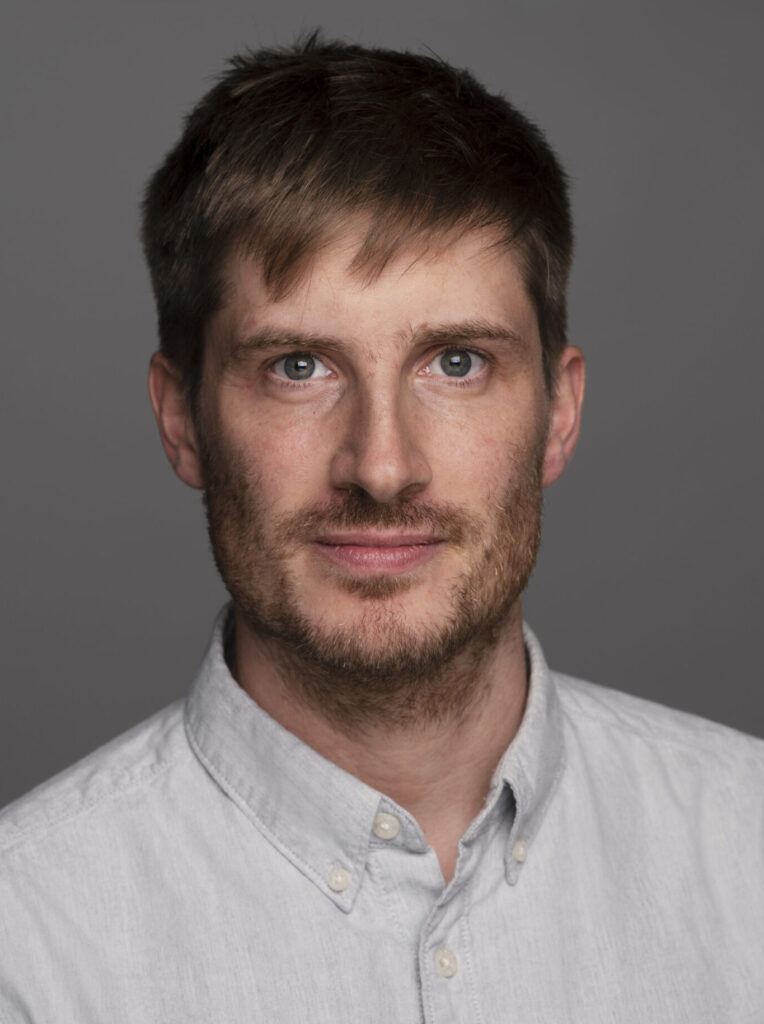
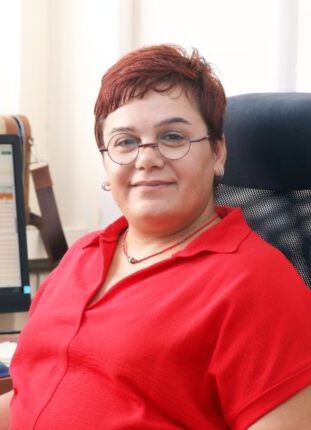
Workshop 2: Exploring responsible technology: trends, challenges, and ethical implications.
Güzin Özdağoğlu (Turkey)
Güzin Özdağoğlu is a Professor of Quantitative Methods at Dokuz Eylül University, Faculty of Business. She holds a bachelor’s, master’s, and Ph.D. in Industrial Engineering. Her research focuses on data science, business intelligence, process mining, and decision support systems. She teaches Management Science, Business Analytics, Fundamental Information Technologies, Intelligent Systems, Business Process Analysis and Design, and Decision Models. In addition to her academic work, she has served on AACSB committees and currently oversees the university’s Institutional Data Management Coordination.
This interactive lecture introduces students to the concept of responsible technology and its significance. It covers key trends such as ethical AI, data privacy, green technology, and inclusivity, while examining real-world examples of ethical and unethical practices. Students will learn to critically evaluate the balance between innovation and responsibility, gaining insights into fostering ethical and sustainable technological advancements.
Workshop 3: Self-Driving Cars: The Road to a Sustainable Future
Karolien Van Riel (Belgium)
Karolien Van Riel earned her Commercial Engineering degree from the University of Antwerp and has been a sustainability expert at AP University of Applied Sciences for many years. Since 2012, Karolien has been associated with AP University of Applied Sciences as a lecturer as the coordinator of research in circular innovation. Karolien has authored multiple books, showcasing her expertise in project management, economics, and sustainable entrepreneurship. She also serves as the chair of the sustainability working group at Businet, an international network of higher education institutions.
Are self-driving cars the key to a greener, safer, and more efficient world—or do they create new challenges for cities, industries, and society? This engaging workshop dives into the complex impact of autonomous vehicles, exploring how they could transform urban mobility, environmental sustainability, and economic structures. By the end of the session, participants will gain a deeper understanding of the sustainability trade-offs of autonomous vehicles, critically reflect on their potential, and develop ideas for shaping a responsible, people-centered mobility future.
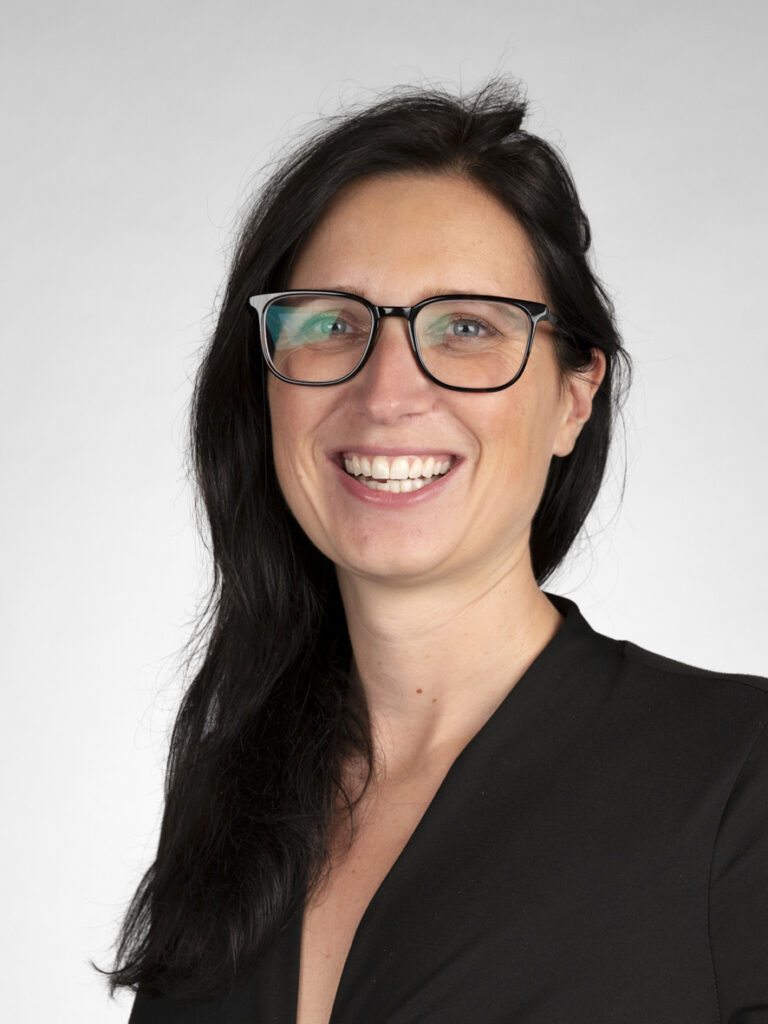
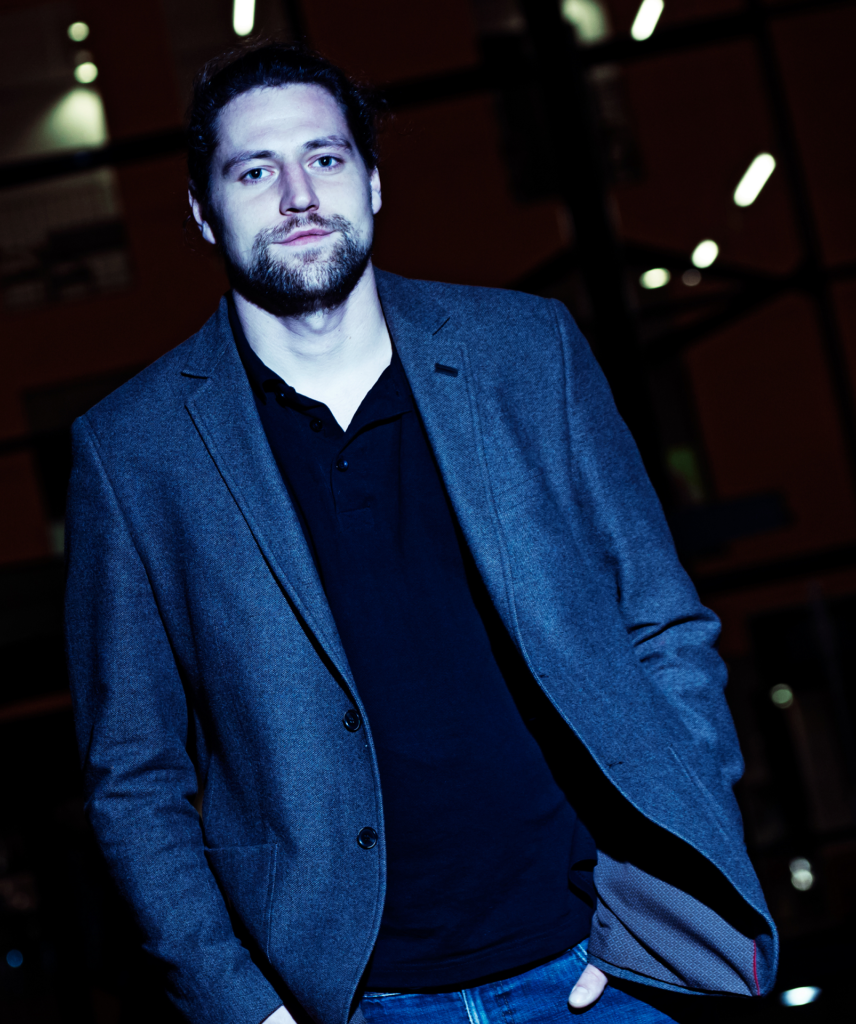
Workshop 4: AInfluence: How to use tech for a more sustainable world
Boris Ney (Netherlands)
n what way can innovative marketing (often powered by AI) be used to bring on a better world? How can we use insights in persuasive techniques to evoke more sustainable behavior?
During this interactive workshop we will answer these questions by diving deep into the realm of AI and its relationship towards behaviour. Digital technologies have transformed the way marketing works. Campaigns on social media are increasingly being personalized, smartly designed and are often very effective. By unravelling the tips and tricks used in digital data tracking and targeting you will get an insight on how to use technology to elicit sustainable behavior. Sign in and let’s explore!
